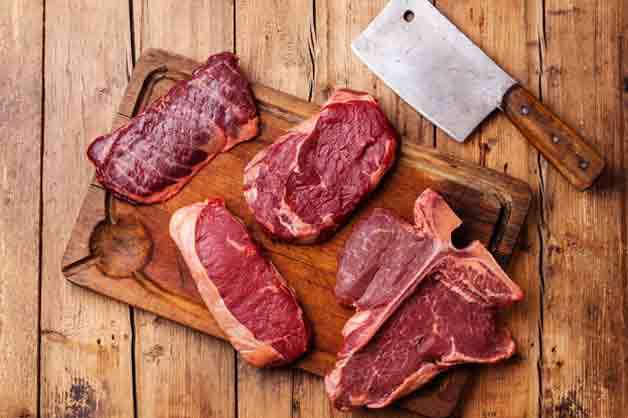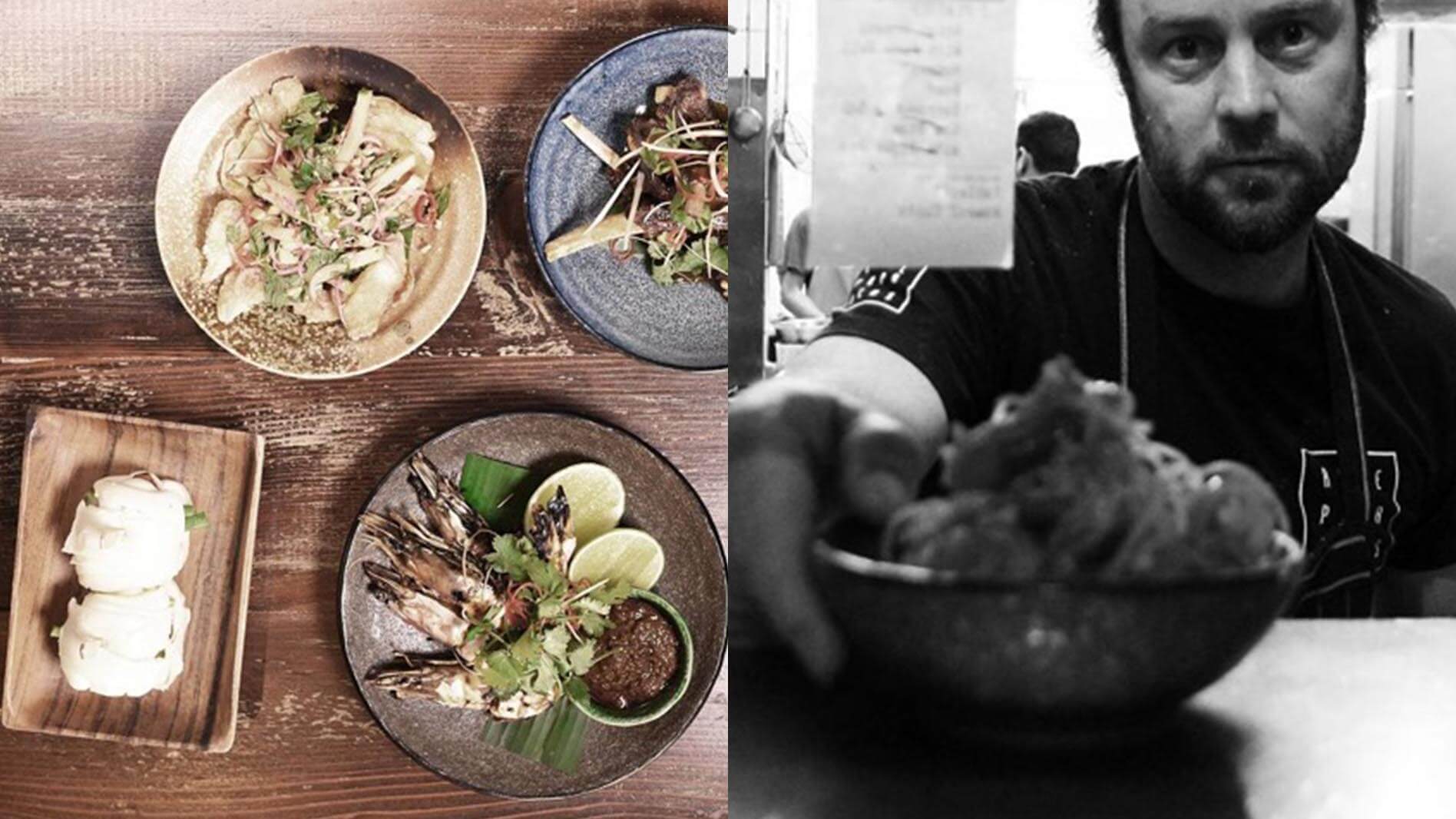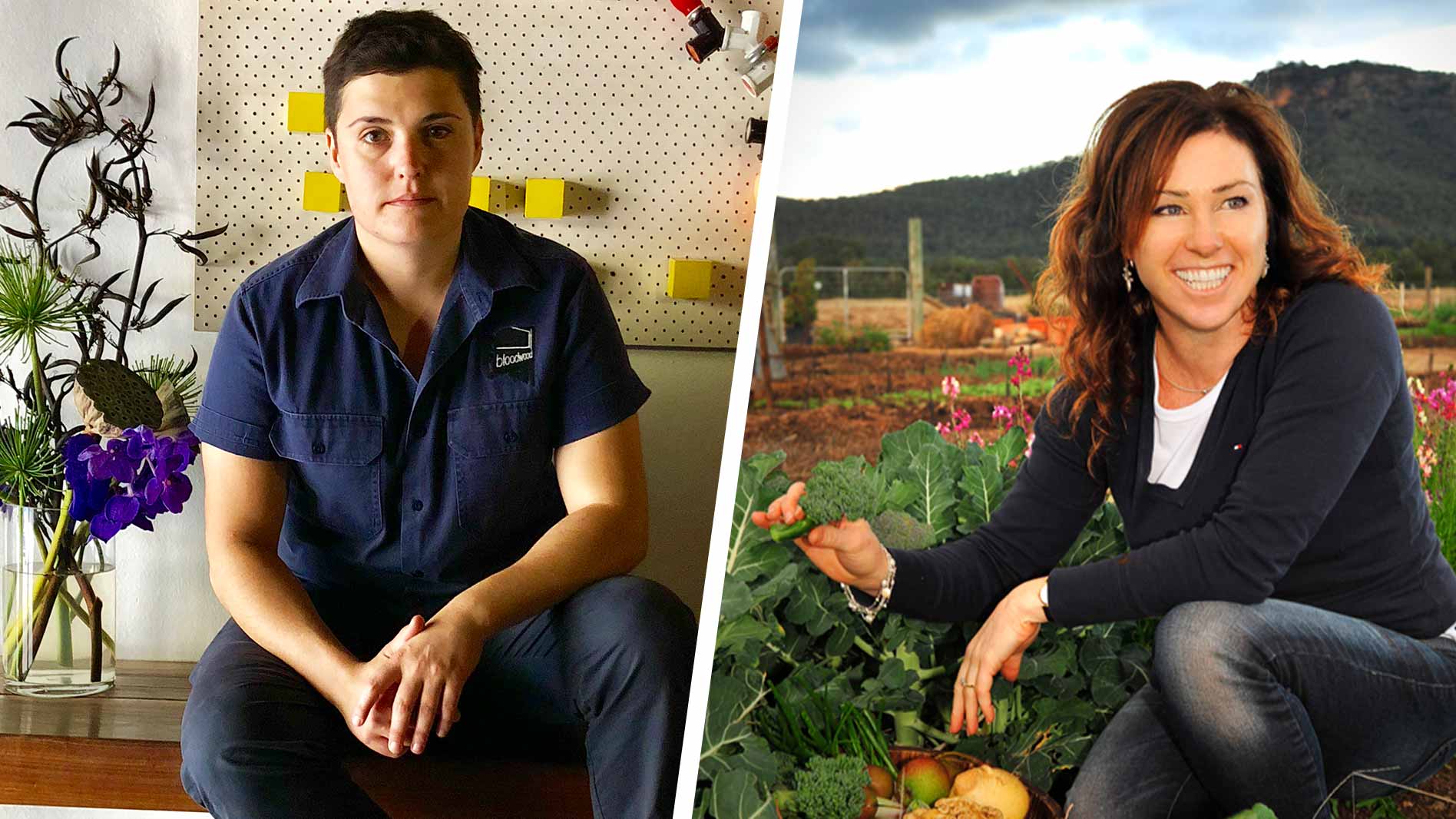Be inspired with recipes created by chefs.
Sign up for updates about products, special offers, news and promotional materials from Goodman Fielder.

Summary
So you’re looking for ways to reduce waste, drive your dollar further and keep your menu interesting for diners? A nose to tail philosophy could be the answer. Seasoned Chef Graham Krueger, Group Executive Chef at Wests Leagues Club, offers some expert advice on how it’s done.
There are a long list of benefits that come with nose to tail eating, including one close to many a chef’s heart; working towards a more environmentally sustainable footprint. For experienced chefs, like Chef Krueger, nose to tail menus add the thrill of a challenge to the working day.
“Nose to tail cooking really utilises a chef’s skills. There are a lot of different techniques that need to be used in order to produce a restaurant-quality dish. You’re taking cuts that are naturally very tough and it requires skill to make them nice and tender,” Chef Krueger said.

If you like the idea of experimenting with with more unusual, cheaper cuts of meat, but the thought of butchering an entire carcass makes you a little nervous, you can rest easy.
“In this day and age, considering the way chefs have to budget, it’s not cheating to say you’re doing nose to tail dining even if you’re buying your cuts separate from the butcher, rather than a whole carcass,” Chef Krueger said.
“Skill wise, chefs are no longer taught old-fashioned butchery as part of their training, certainly, nothing like it used to be 20-30 years ago. So it’s likely that if you don’t have really sharp butchery skills, buying the whole beast would actually end up costing you money.”

For a kitchen’s first foray into utilising cheaper cuts of meat, Chef Krueger recommends options like beef cheeks, a cut that he’s found appeals to a broad audience in a way that offal and tongue just doesn’t.
“In my kitchens, we do a bistro-style beef cheek in a shiraz and mushroom jus,” he said.
“The jus is cooked down slowly so it gets a really intense flavour and the beef cheek is also slow cooked, which gives it that familiar look of soft, stewed meat, which makes it accessible for a broad cross section of diners.”

If you think your customers are more adventurous carnivores, Chef Krueger says liver moves well in his dining rooms.
“Being in the club environment, we’ve done a lot of work with liver, especially with our breakfast trade. I find if I put liver on once a month, it’ll do quite well with our older guests. Whenever someone asks me to put it on, I’ll run 100-150 serves of it, and generally, it’ll sell out.”
In Chef Krueger’s kitchens, liver is seasoned and sealed, then thinly sliced. It is then flash fried in a pan till it is just pink and served with a strong onion jus.
Liver happens to be one of the most versatile organ meats, but chefs should be wary that it should only be lightly seared to maintain tenderness. You can also try toning down the liver’s metallic taste by soaking it in milk or lemon juice.

For chefs and diners brave enough to take on a whole carcass, suckling pig is on-trend right now, while lamb has always been a foodie favourite. To save time and money, experiment with different cuts of your beast from the butcher before you commit to diving into the whole hog. Once you’re confident you know what to do with every part of the animal, plan a menu that you know is going to appeal to your diners. You could even consider holding a special “whole beast” function night to really make an event of it. A nose-to-tail lamb menu might include a starters of salad topped with crispy lamb belly and pappardelle pasta with lamb shoulder ragu, a main of carved baked leg of lamb and sides of sautéed lamb offal and lamb sausage.
Your nose-to-tail menu (and your environmental and budget benefits) are only limited by your imagination. You might even teach your diners a thing or two about unusual dishes that can be appreciated when cultural preconceptions are put aside.
Related Ideas
25th March 2023
A Chef’s Guide to Gluten Free Baking
Want to know how to turn your bakery goods into a gluten free delight? Check out our gluten free baking guide now.
25th March 2023
The Importance of Mentorships in Hospitality
The hospitality industry is changing at a pace we have never seen before. To make these challenging times slightly easier, a greater emphasis needs to be placed on mentoring and training the younger generation of chefs to ensure the future of hospitality is stronger than ever before.
21st March 2023
How Chefs can Deal with Dietary Requirements in their Kitchen
One of the key issues that many chefs face in dealing with dietary requirements in the kitchen is that it changes the nature of their dish. We spoke to some experts on how they deal with dietary requirements in their kitchens.




